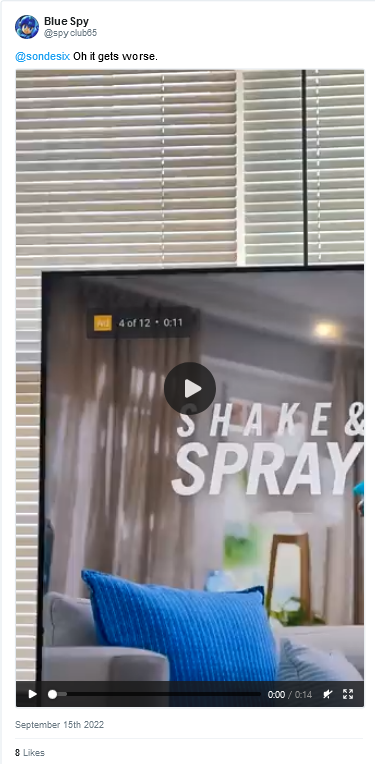Ted Gioia on the insatiable growth of predatory behaviour from providers of “free” content online:
The biggest trick the Devil ever played was convincing people that online stuff is free. But the Devil always collects, sooner or later — and we are starting to learn the actual terms of this cursed deal.
Consider some recent news stories:
- YouTube has been testing users’ willingness to watch 10 unskippable ads on a video. And the ads aren’t spaced out. They come at you, one right after the other, at the outset — because Google wants to be paid first, even if the video sucks.
- Nobody wants ads on iPhone, but they’re coming. Executives at Apple are allegedly planning to triple the ad revenue from phones.
- “For some Google searches literally the whole screen on Google is ads.”
- TikTok can track a user’s every keystroke, and Beijing has “access to everything”.
- “Scams are showing up at the top of online searches.”
- Snapchat has been forced to pay $35 million for storing and selling users’ biometric information without permission.
- Even if you pay for ad-free streaming, Spotify inserts ads in podcasts.
- Ads are coming to Netflix too.
- Etc. etc. etc.
This is what happens when “free” really isn’t free — but consumers prefer to stay in denial. Go ahead and rob me, just make sure I’m not looking when it happens.
It’s even worse than that. Web users are now hooked on free — and like all addictions, this one is far costlier than you realize at the outset.
You have more leverage when you negotiate an actual price. When I cancel a paid subscription, the corporate provider always comes back with a special offer to get me to reconsider. But how much bargaining power do I have if I refuse to click on those “terms and conditions” that always come with the free stuff?
I’ll answer that for you — none at all.
How bad will it get? YouTube described its ten unskippable ads as a “test” — but this wasn’t done in a laboratory or with volunteers. They just forced it on users, and watched them squirm. And squirm they did.
In fact, one person reported a 12-ad blitz.
This wouldn’t be so bad if it was just one business or sector of the economy that played these games. But this is the de facto business model for the entire digital economy. To maintain the illusion of free, all our online activities are sinking into spam, scam, and sham. Everything from sending an email to sharing a photo gets monitored and monetized by big tech companies — and often you’re the last person to find out what the real price is.




